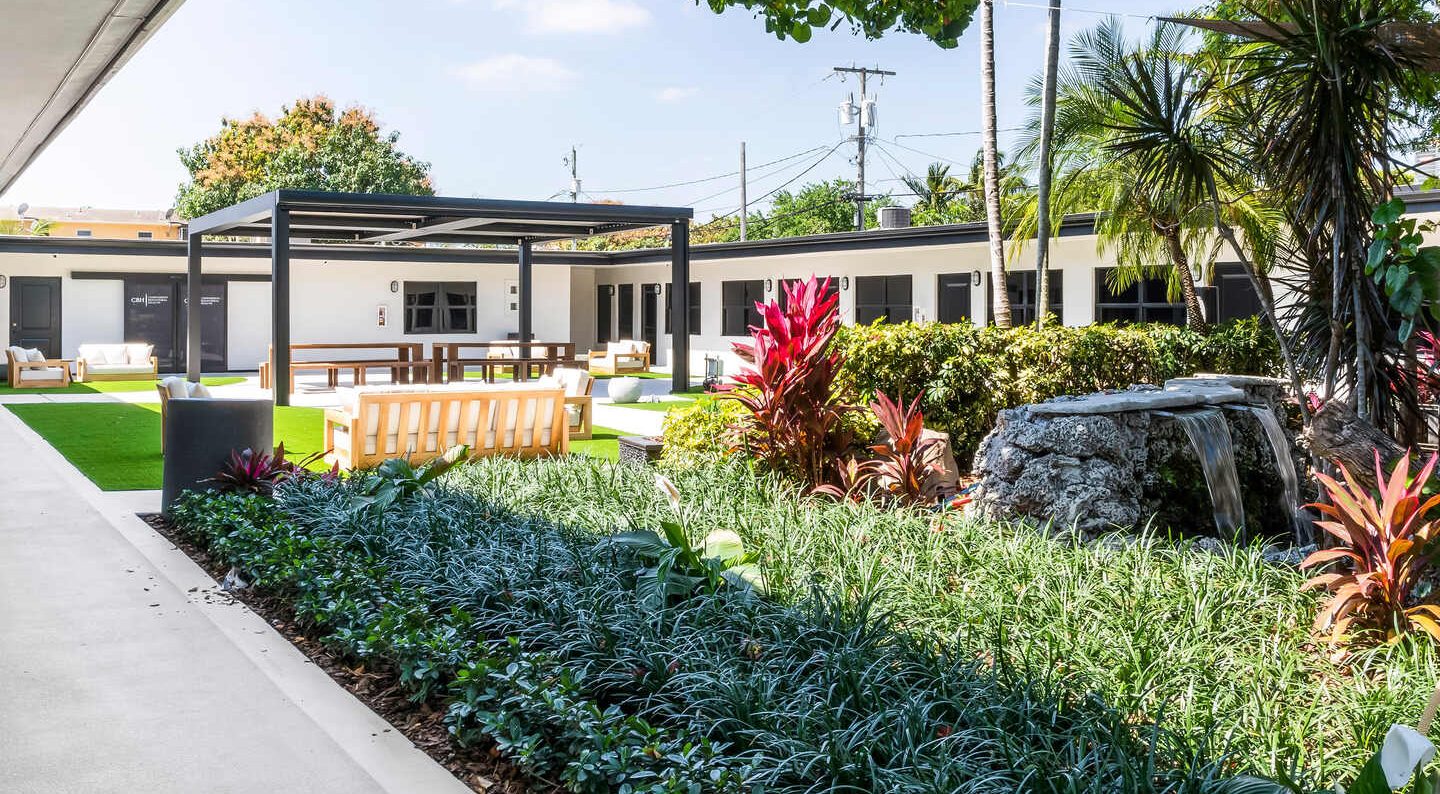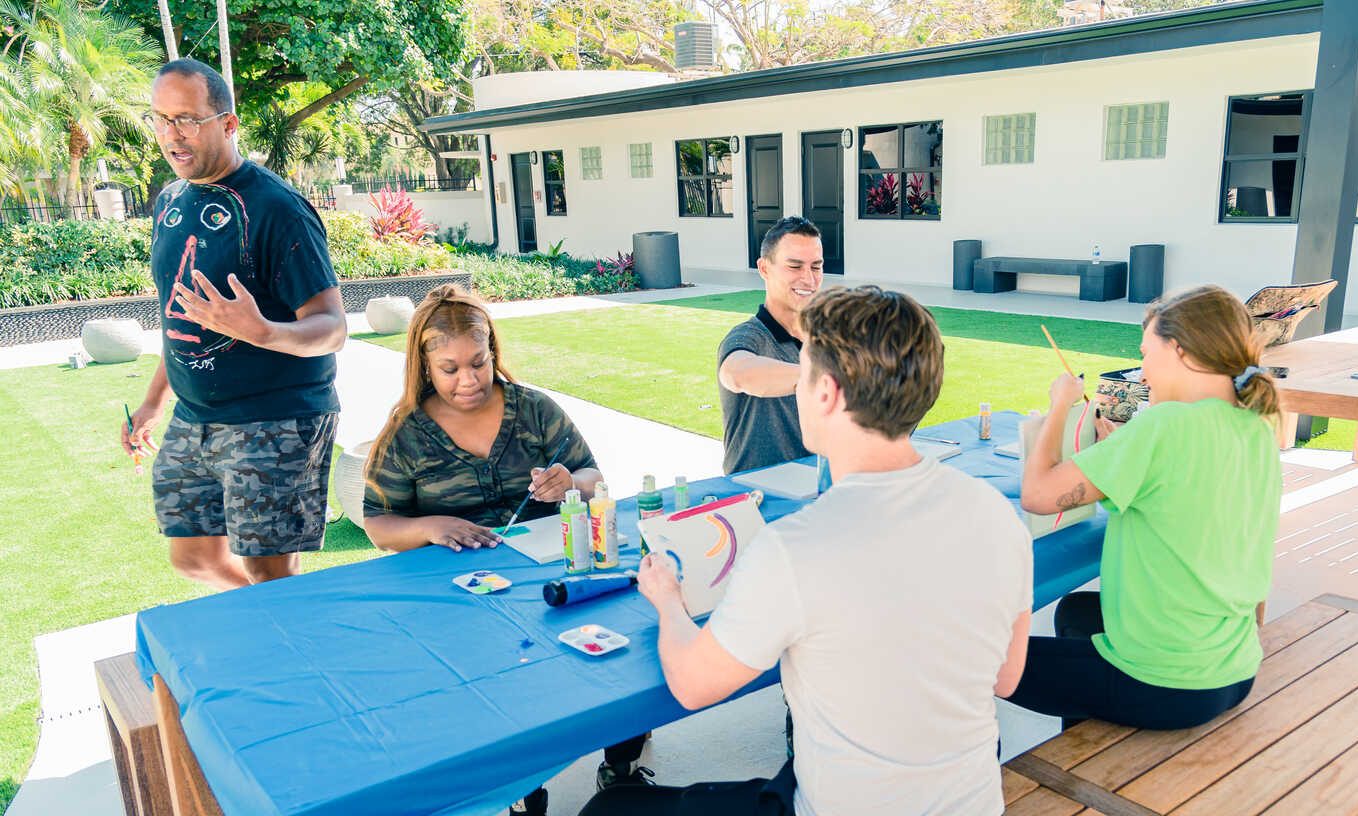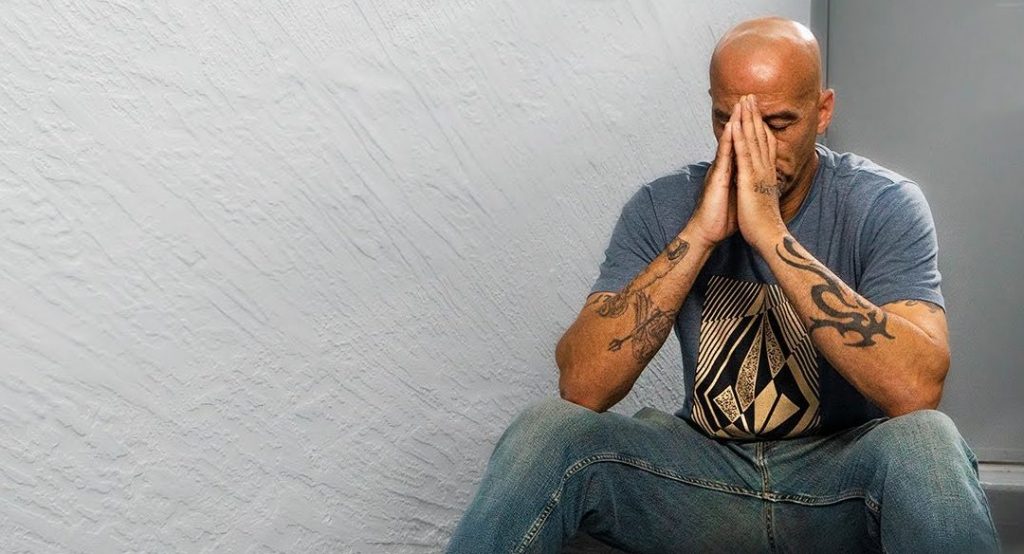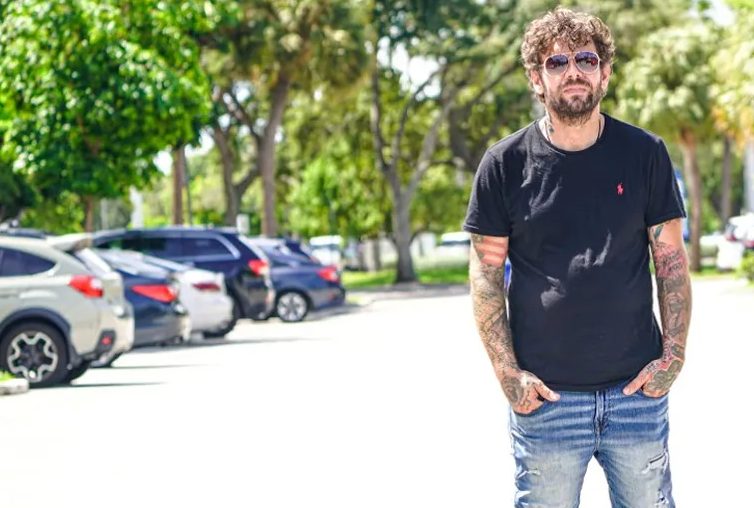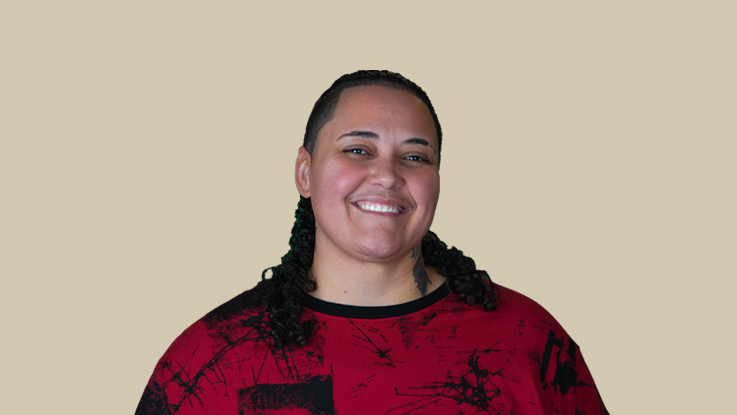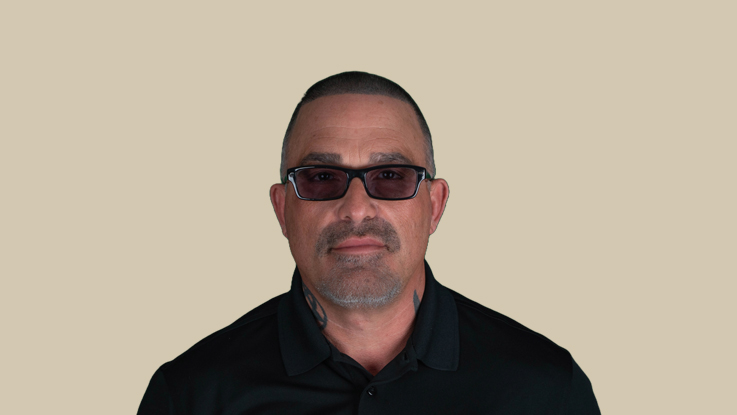Cocaine addiction is a serious problem that affects individuals and their families. If you or someone you know is struggling with cocaine addiction in South Florida, it is crucial to understand the science behind this addiction and the various treatment options available. With the right treatment and support, it is possible to overcome addiction and regain control of one’s life. This article will explore the effective cocaine addiction treatment options in South Florida, the importance of seeking treatment, the process of recovery, and the strategies for maintaining sobriety post-treatment.
Understanding Cocaine Addiction
Cocaine is a powerful stimulant that affects the brain’s chemistry, leading to intense feelings of euphoria and increased energy. However, repeated use of cocaine can lead to physical and psychological dependence.
Psychological and Physical Effects of Cocaine
Cocaine addiction can have detrimental effects on both physical and psychological well-being. Physically, frequent cocaine use can lead to cardiovascular problems, respiratory issues, and gastrointestinal complications. The drug’s stimulant properties can put immense strain on the heart, leading to an increased risk of heart attacks and strokes. Inhaling cocaine can also damage the respiratory system, causing chronic cough, lung infections, and even respiratory failure.
Psychologically, the impact of cocaine addiction can be equally devastating. The drug’s influence on the brain’s chemistry can result in anxiety, paranoia, and even psychosis. Individuals may experience intense mood swings, irritability, and difficulty concentrating. The constant pursuit of the drug can also lead to strained relationships, financial difficulties, and a decline in performance at work or school.
It is essential to seek treatment to address these consequences and mitigate further harm. Understanding the science behind cocaine addiction and the potential physical and psychological effects can help individuals and their loved ones recognize the urgency of seeking help and support.
The Importance of Seeking Treatment
Seeking treatment for cocaine addiction is crucial for several reasons. Firstly, untreated cocaine addiction can have severe consequences on an individual’s health and overall quality of life. Risks include overdose, cardiovascular complications, and long-term damage to the brain.
Risks of Untreated Cocaine Addiction
Without treatment, cocaine addiction can escalate, leading to increased tolerance and the need for higher doses to achieve the desired effects. This can result in a dangerous cycle of usage that puts individuals at a higher risk of overdose.
Additionally, untreated cocaine addiction can lead to various physical and mental health issues, strained relationships, financial problems, and legal trouble. Seeking treatment is essential to prevent these negative consequences and start the healing process.
The Role of Family and Friends in Encouraging Treatment
Families and friends can play a crucial role in encouraging and supporting individuals struggling with cocaine addiction to seek treatment. By expressing concern, offering empathy, and providing information about available treatment options, loved ones can help create a supportive environment that motivates individuals to take the first step towards recovery. Family and friends should prioritize open and non-judgmental communication, emphasizing their unconditional support throughout the treatment journey.
Cocaine Addiction Treatment Options at CBH in South Florida
At Compassion Behavioral Health, we offer a range of treatment options for individuals seeking help for cocaine addiction. These options include inpatient and outpatient treatment programs, each with unique considerations and benefits.
Inpatient vs. Outpatient Treatment for Cocaine Addiction
Inpatient treatment program provides a structured and supportive environment for individuals seeking to recover from cocaine addiction. This program typically involves residing at a treatment facility for a set period, which allows for 24/7 supervision and comprehensive care. In contrast, outpatient treatment programs offer flexibility for individuals who cannot commit to full-time residential care. These programs provide therapy sessions, counseling, and support while allowing individuals to continue with their daily responsibilities.

Holistic Approaches to Cocaine Addiction Treatment
In addition to traditional treatment methods, CBH also offers holistic approaches to cocaine addiction treatment. These approaches focus on treating the whole person, taking into account physical, emotional, and spiritual well-being. Holistic treatments may include activities such as yoga, meditation, art therapy, and nutrition counseling. These complementary therapies can enhance the recovery process by addressing the underlying issues contributing to addiction and promoting overall wellness.
The Process of Recovery
The process of recovering from cocaine addiction involves several stages, starting with detoxification and withdrawal management. It is essential to undergo these stages under the supervision of medical professionals to ensure safety and minimize discomfort.
Detoxification and Withdrawal Management
Detoxification involves the elimination of cocaine from the body and managing the withdrawal symptoms that may accompany the process. This stage is essential for individuals to cleanse their bodies and restore chemical balance. Medical professionals and addiction specialists can provide support during this challenging phase, ensuring individuals receive proper care and attention to manage withdrawal symptoms, such as cravings, fatigue, irritability, and depression.
Therapy and Counseling for Cocaine Addiction
Therapy and counseling are fundamental components of cocaine addiction treatment. These sessions provide individuals with the tools and strategies to address the underlying causes of their addiction, develop coping mechanisms, and prevent relapse. Different therapeutic approaches, such as cognitive-behavioral therapy (CBT), motivational interviewing, and group therapy, can be effective in helping individuals challenge negative thought patterns, build resilience, and establish healthy behaviors.
Our Evidence-based Therapies for Cocaine Addiction
When it comes to treating cocaine addiction, there are a number of therapies that can be effective. At Compassion Behavioral Health, we’ll determine the best combination of treatments for each patient’s specific lifestyle and needs. We offer a number of safe, proven therapies such as:
- Cognitive Behavioral Therapy
- Group Therapy
- Dialectical Behavioral Therapy
- Motivational Interviewing
- Solution-Focused Brief Therapy
- EMDR
- Individual Therapy
We also treat patients who are facing both cocaine addiction and a mental health disorder. Between our Substance Abuse Treatment Program and Mental Health Treatment Program, we can effectively treat both disorders simultaneously.
Maintaining Sobriety Post-Treatment
Continuing the progress made during treatment is crucial for maintaining long-term sobriety. South Florida offers various aftercare and support groups to support individuals in their recovery journey.
Aftercare and Support Groups in South Florida
Aftercare programs provide ongoing support for individuals who have completed their initial treatment and are transitioning back into their daily lives. These programs may include counseling sessions, group meetings, relapse prevention strategies, and assistance with reintegration into society. Support groups, such as Narcotics Anonymous (NA) or Cocaine Anonymous (CA), offer a safe space for individuals to share their experiences, find support from others in recovery, and learn from one another.
Lifestyle Changes for Long-Term Sobriety
To maintain long-term sobriety, making positive lifestyle changes is crucial. This may involve adopting a healthy diet, engaging in regular exercise, practicing stress management techniques, and developing a strong support network. Additionally, avoiding triggers and situations associated with cocaine use can help individuals establish new habits and reduce the risk of relapse.
Cocaine addiction is a difficult challenge to overcome, but effective treatment options and ongoing support can pave the way to lasting recovery. If you or someone you know is struggling with cocaine addiction in South Florida, seeking professional help and exploring the variety of treatment options available is a vital step towards a healthier and happier future.









